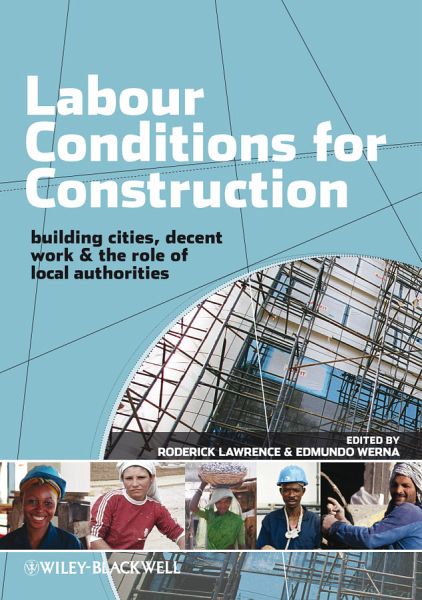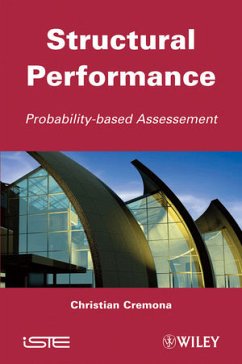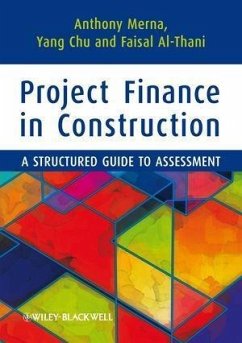
Labour Conditions for Construction (eBook, PDF)
Building Cities, Decent Work and the Role of Local Authorities
Versandkostenfrei!
Sofort per Download lieferbar
143,99 €
inkl. MwSt.
Weitere Ausgaben:

PAYBACK Punkte
0 °P sammeln!
This authoritative guide promotes safe, healthy and non-exploitative working conditions for the construction industry. It combines theoretical analysis and case-studies from around the world, offering recommendations for best practice. The book results from a project funded by the Geneva International Academic Network, with staff from the International Labour Office and the University of Geneva. It presents and discusses the challenges and potential of local authorities to promote decent work in construction. Existing literature on decent work focuses mainly on the roles and responsibilities o...
This authoritative guide promotes safe, healthy and non-exploitative working conditions for the construction industry. It combines theoretical analysis and case-studies from around the world, offering recommendations for best practice. The book results from a project funded by the Geneva International Academic Network, with staff from the International Labour Office and the University of Geneva. It presents and discusses the challenges and potential of local authorities to promote decent work in construction. Existing literature on decent work focuses mainly on the roles and responsibilities of actors in the private sector but the contribution of the public sector should not be ignored. Local authorities play a crucial role in economic development through a range of policies and programmes in the construction sector and related services. Labour Conditions for Construction: decent work, building cities & the role of local authorities includes a methodology that combines quantitative and qualitative information. It defines and validates a set of criteria to evaluate the capacity of local authorities, combining criteria about decent work, the construction sector and the policies and programmes of the local authority in each case study city. The book fills an important gap in focussing on the role of local authorities in creating and promoting decent work and will be of interest to managers and policy-makers in construction, health and safety and labour relations as well as to researchers and students in construction management.
Dieser Download kann aus rechtlichen Gründen nur mit Rechnungsadresse in A, B, BG, CY, CZ, D, DK, EW, E, FIN, F, GR, HR, H, IRL, I, LT, L, LR, M, NL, PL, P, R, S, SLO, SK ausgeliefert werden.












